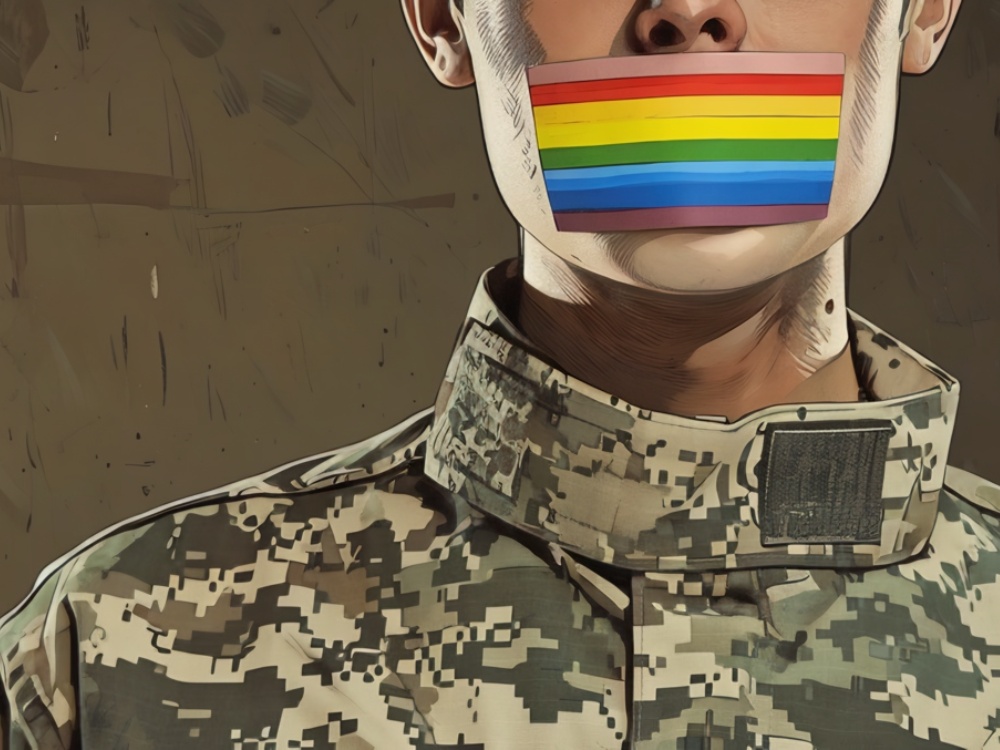The UK government’s newly published guidance on relationships, sex and health education (RSHE) has come under fire for downplaying transgender identities and urging teachers not to present gender identity as fact.
Released by the Department for Education (DfE) on Tuesday (15 July), the long-awaited 42-page guidance outlines how schools must deliver RSHE from 1 September 2026 onwards. While the guidance includes material on protected characteristics and same-sex relationships, it devotes just one page (points 67 to 72) to “gay, lesbian, bisexual and transgender content”. Notably, the word “transgender” appears only once in the entire document.
Schools are advised to be “mindful” that there is “significant public debate” around trans identities and are warned not to “endorse any particular view or teach it as fact”.
The updated guidelines follow a statutory review announced in March 2023 by then-prime minister Rishi Sunak. That review was prompted by government claims of “inappropriate” material being taught in some schools. Then-education secretary Gillian Keegan, who supported forcibly outing trans pupils to parents, said the overhaul was necessary to protect children.
“You Cannot Teach Gender Reassignment Without Gender Identity”
The consultation that informed the guidance included 14,196 respondents, with 62 per cent opposing the government’s proposals on how gender identity and reassignment should be taught. The government summarised the public feedback:
“Comments include that you cannot teach about gender reassignment without teaching about gender identity… and that not teaching about it is harmful to students experiencing gender dysphoria.”
Nevertheless, the guidance insists:
“Teachers should not teach as fact that all people have a gender identity,”
and that schools should avoid any implication that social transition is a “simple solution” to distress or discomfort.
Schools must instead focus on teaching “the facts and the law about biological sex and gender reassignment”, and recognise the legal differences in rights between individuals based on biological sex and those with the protected characteristic of gender reassignment, as outlined in the Equality Act 2010.
The government also highlighted that the guidance reflects the UK Supreme Court’s recent ruling, which defined “man” and “woman” in the context of the Equality Act as referring to biological sex.
Critics Say Guidance Erases Trans Identities
The move has been widely criticised, with many calling it a modern-day echo of Section 28 — a Thatcher-era policy that banned the “promotion” of homosexuality in schools and was only repealed in England and Wales in 2003.
Dee Whitnell, a non-binary sex educator and founder of the Trans Kids Deserve to Grow Up campaign, voiced deep concern over the revised guidance:
“The removal of the word ‘transgender’ is sadly not shocking, but deeply worrying,” they said.
“What’s further worrying is the notion that ‘all people have a gender identity’ is considered a viewpoint that cannot be endorsed.”
Whitnell also questioned their ability to continue teaching under the new framework:
“As a trans sex educator, I am worried about how I can, not only deliver inclusive RSE under this new guidance, but how I exist within this space. Will mentioning my non-binary title, Mx, or my pronouns, they/them, be contradicting the guidance?”
Despite this, Whitnell welcomed the inclusion of other timely topics such as deepfakes, vaping, AI-related risks, and incel subcultures, describing it as a “small glimmer of hope” in otherwise exclusionary guidance.
Some Progress on LGB Inclusion
The guidance does encourage primary schools to include same-sex parents in lessons about families and urges secondary schools to explore stable, healthy same-sex relationships as part of the RSHE curriculum. It also mandates inclusive teaching about STIs and sexual health, ensuring this is relevant for lesbian, gay, bisexual and gender-questioning students.
However, critics argue that the exclusion of trans voices and the framing of gender identity as a “debate” leaves vulnerable students without adequate support or representation.



































